HOW TO TRAIN DURING RAMADAN
WHAT IS RAMADAN?
Ramadan is the Islamic practice in which individuals fast from sunrise to sunset for up to 30 days during the ninth lunar month of the Islamic calendar. Individuals can eat at Suhur (meal before dawn/fasting) and Iftar (breaking fast after sunset). Jordan Sullivan (The Fight Dietitian) has written a blog on our website on nutritional tips for Ramadan.
WHAT ARE THE MAIN CONSIDERATIONS FOR TRAINING DURING RAMADAN?
Below are 4 practical considerations for athletes training during Ramadan.
1. Hydration
Make sure to drink 30-35mL/kg of body weight between Iftar and Suhur and 1.25x any weight lost at training from sweat.
For example: if you weigh 80kg, then you would drink 80 multiplied by 30mL-35mL which equates to around 2400-2800mL (2.4L-2.8L).
2. Nutrition
If you’re in a weight division sport you may still want to maintain/gain weight during Ramdan: In this instance as Jordan Sullivan suggests in his blog you would:
Aim for foods with high energy density and protein content. High protein foods include meat, fish, chicken, eggs, dairy (milk, cheese, yogurt etc.), legumes/beans, nuts/seeds and tofu.
Fortify foods by adding cream, nuts, fruit or cheese.
Replace low calorie drinks (black coffee, tea, water) with high energy drinks such as milk or juice based drinks.
Another example is if want to reduce weight during Ramdan. In this instance as Jordan Sullivan suggests in his blog you would:
Aim for foods that are lower in energy density. For example foods that are high in fibre can be consumed in greater amounts without significantly increasing calories. Examples of low energy foods include salads, non-starchy vegetables and sugar free alternatives and drinks.
WHEN SHOULD ATHLETES TRAIN DURING RAMADAN?
PREFERABLE TIMES TO TRAIN
Before Suhur
This is when you would do your gym session. Output would be not adversely affected as there would be stored fuel in the system (glycogen) from the previous night/overnight. Additionally, there is the opportunity to also refuel and rehydrate after this session to prepare for the day.
After Iftar
This is when you would do your technical sessions. Training 2-3 hours post-Iftar would be ideal. Again any performance output decrements would be minimised as there would be fuel and fluid in the system from the meal before.
THE OTHER TIMES
This leaves us with two other times…
Straight After Suhur/Straight Before Iftar
Although there are some athletes who might need to do this, training during these times would not be recommended.
If you are going to do sessions during this time, it is best to keep these sessions super light. Training “hard” at these times may lead to negative effects for the rest of the day such as fatigue and dehydration which could affect performance both within training and out of training. (e.g. study/work).
3. Reduce Volume and Intensity
For strength training, reduce total amount of sets and repetitions of the session. Keep rest periods extended between sets. Limit the amount of accessory exercise volume.
During this time, it would be difficult to complete hard conditioning sessions. There should be enough conditioning from your technical training during this time.
4. Technical Session Structure
Be mindful of total duration of sessions. 60 min MAX.
Striking Athletes: Pad work and bag work should have more of a technical focus.
Grappling Athletes: Technique focus. Limit number of technical drills you do with resistance or reduce resistance.
Sparring/Rolling sessions should be at a reduced intensity and/or flow-based.
HOW SOON CAN I RETURN TO FULL TRAINING/COMPETITION AFTER RAMADAN?
Once Ramadan has concluded, gradually build your training intensity and volume back up to avoid any big spikes in training load. We encourage all athletes to return to competition at their own discretion. There are no recomended time frames for how soon you can return to competition but this decision would be influenced by the level of athlete.



